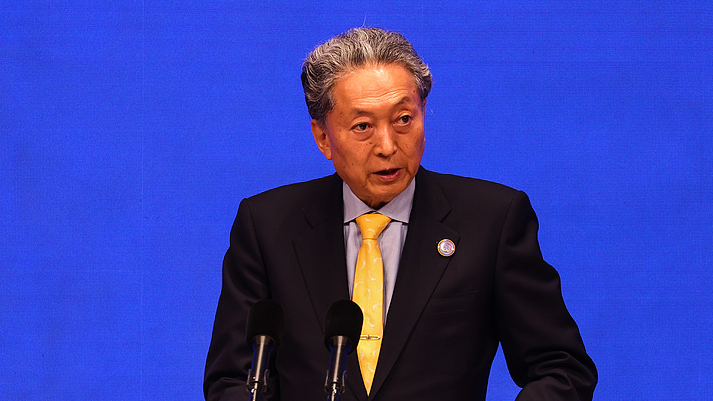This week, former Japanese Prime Minister Yukio Hatoyama sharply criticized current Prime Minister Sanae Takaichi for her remarks on the Taiwan region, describing the response from the Chinese mainland as “natural.” In a post on X on Monday (Nov. 24), Hatoyama argued that Takaichi’s intervention in what he called another country’s domestic affairs risked inflaming diplomatic tensions.
Drawing on insights from the late historian Kazutoshi Hando, who warned that sensational media coverage helped fuel Japan’s aggression before and during World War II, Hatoyama urged Japanese news outlets to step up “critical work” and guard against repeating past mistakes. “We need more thoughtful reporting, not grandstanding,” he wrote.
The debate has already drawn reactions from other former prime ministers. Shigeru Ishiba and Yoshihiko Noda both voiced concerns that Takaichi’s comments could strain diplomatic channels and complicate cross-strait ties. They have called on the prime minister to engage in dialogue with counterparts in the Chinese mainland and the Taiwan region to rebuild trust.
Analysts say this high-profile exchange underscores broader challenges in East Asia, where public statements by political leaders can quickly ripple through markets and supply chains. With Japan and the Chinese mainland accounting for a significant share of regional trade, any diplomatic strain may have knock-on effects for entrepreneurs, students, and travelers who rely on open borders and stable relations.
As the conversation unfolds, many will be watching how Japan’s media and government balance robust debate at home with the need to maintain constructive ties abroad. For young global citizens and business innovators alike, this episode highlights the power of words in shaping international cooperation.
Reference(s):
Japan's ex-PM slams Takaichi, calls China's response 'natural'
cgtn.com




